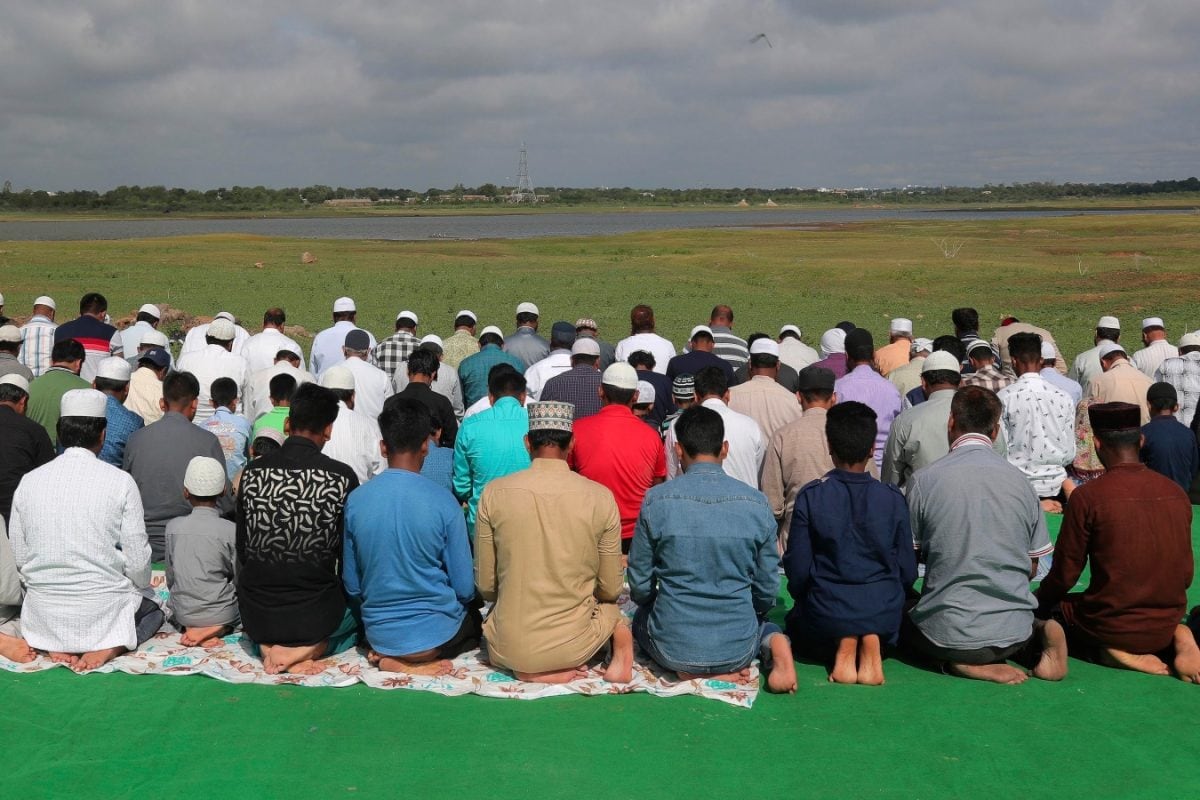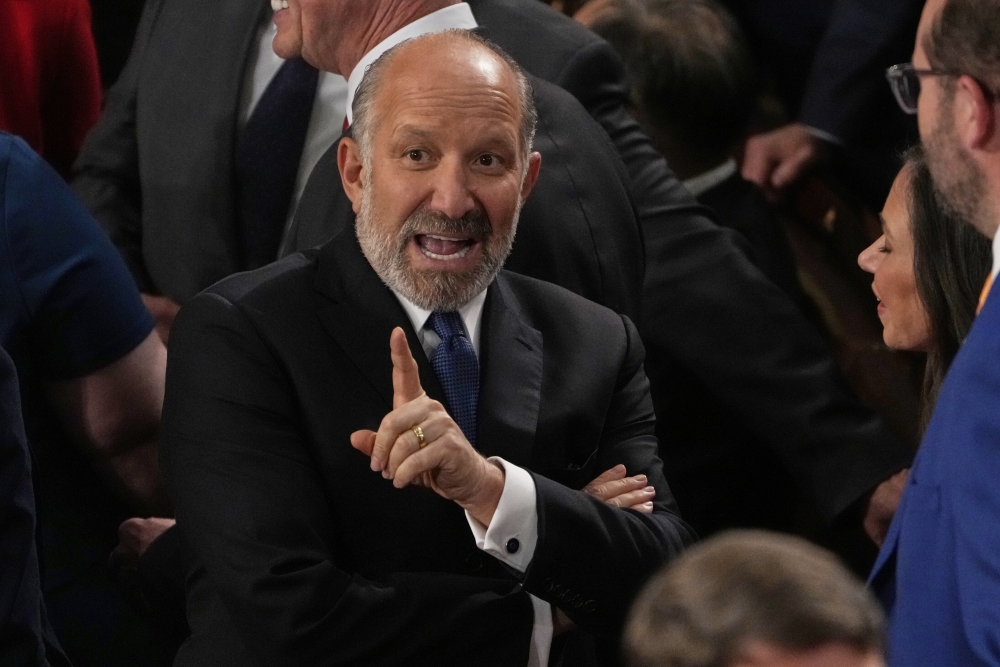Recent reforms in Waqf management—digitisation, legal safeguards, and accountability measures—signal a policy shift towards inclusive development. For Pasmanda Muslims, this creates long-overdue access to resources meant for community upliftment Waqf, an essential institution in Islamic tradition, has played a significant role in supporting religious, charitable, and social welfare activities for centuries. Rooted in the principles of selflessness and community service, Waqf is a system through which individuals dedicate their property or assets for the betterment of society, ensuring that its benefits reach future generations.
The concept of Waqf has historically been instrumental in establishing mosques, educational institutions, hospitals, and various public welfare initiatives that have uplifted communities — particularly those in need. In India, Waqf properties hold immense significance, as they represent not only religious and cultural heritage but also a means of social development for the Muslim community — especially for the marginalised Pasmanda Muslims. These properties, managed under the supervision of Waqf Boards, serve a variety of purposes that contribute to the community’s well-being, including supporting madrassas, providing scholarships, and facilitating healthcare services.

However, for decades, mismanagement and encroachment have hindered the full potential of Waqf assets, leading to calls for stronger regulatory mechanisms and improved governance. The government has recognised the importance of protecting and effectively utilising Waqf properties for the benefit of the Muslim community. Under the leadership of Prime Minister Narendra Modi, steps have been taken to ensure transparency and efficiency in Waqf management.
By digitising Waqf records, the government aims to curb corruption and encroachment, ensuring that these assets are used for their intended purposes. The introduction of reforms has been a crucial step towards safeguarding Waqf properties and making them more accessible for the welfare of underprivileged Muslims. Pasmanda Muslims, who constitute the largest section of the Muslim population in India, have historically faced socio-economic challenges.
Unlike the privileged elite within the community, Pasmandas have often been deprived of educational and economic opportunities. Recognising this disparity, efforts have been made to bring Pasmanda Muslims into the mainstream by ensuring that government schemes reach the grassroots level. If managed effectively, Waqf properties can serve as a crucial resource in uplifting these communities by providing educational facilities, vocational training centres, and healthcare services tailored to their needs.
Islamic values emphasise justice, fairness, and the well-being of the entire community. The protection and effective utilisation of Waqf properties align with these principles, ensuring that the most vulnerable members of society benefit from these resources. The government’s initiatives to modernise Waqf management, improve legal protections, and promote inclusivity have been seen as steps towards empowering Muslims in India.
A balanced approach that respects Islamic traditions while integrating modern governance practices is key to ensuring that Waqf properties serve their true purpose. Encouraging community participation, strengthening the role of Mutawallis, and ensuring accountability are essential aspects of this process. The involvement of scholars, social leaders, and policymakers in discussions surrounding Waqf reforms can further enhance the effectiveness of these initiatives.
The government’s positive engagement with Waqf matters reflects a broader vision of inclusive development — one where every community has the opportunity to thrive. Recognising the socio-economic aspirations of Pasmanda Muslims and working towards their upliftment through education, employment, and entrepreneurship aligns with the values of justice and social responsibility. The harmonious integration of Islamic principles with good governance ensures that Waqf remains a beacon of hope and progress for generations to come.
Shariq Adeeb Ansari is National Working President of All India Pasmanda Muslim Mahaz. Views expressed in the above piece are personal and solely those of the author. They do not necessarily reflect News18’s views.
.
Politics

Opinion | Investing In Pasmanda Muslims: Why Waqf Reforms Matter

Recent reforms in Waqf management—digitisation, legal safeguards, and accountability measures—signal a policy shift towards inclusive development. For Pasmanda Muslims, this creates long-overdue access to resources meant for community upliftment















